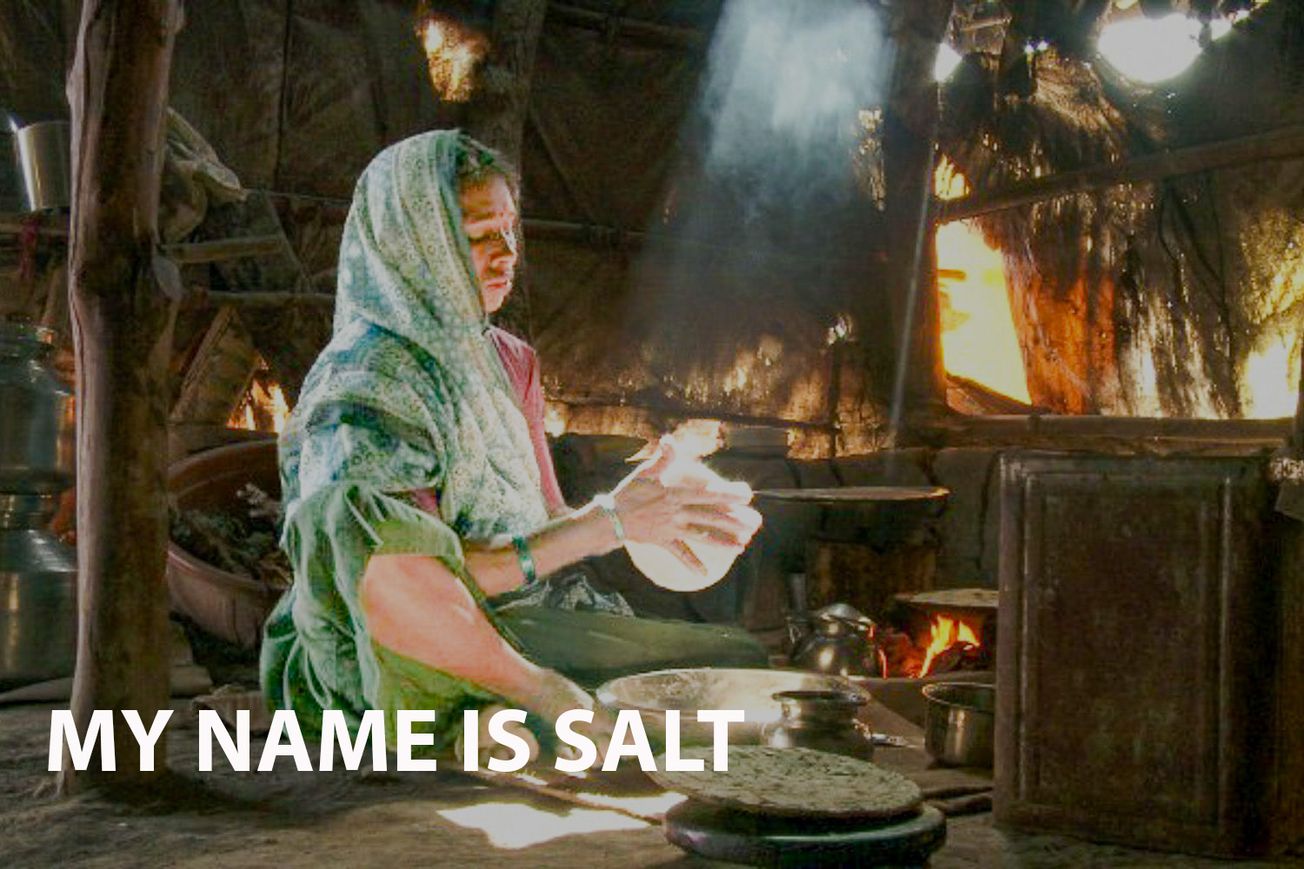Keywords: *India, Salt Trade, Labor Rights, Climate Change, Resilience, Documentary, India. Three Words: Resilient, Eye-opening, Poignant
Introduction
"My Name is Salt" is a poignant documentary directed by Farida Pacha and released in 2013. It explores the annual migration of thousands of families to a desert in India, where they painstakingly extract salt from the scorching earth for eight grueling months. This documentary provides a raw and revealing look into the harsh realities of India's salt trade, a subject of growing concern amidst the broader discourse on labor rights and climate change.
Synopsis
"My Name is Salt" follows the lives of these families as they endure harsh conditions and engage in labor-intensive processes to extract salt. The documentary poignantly captures the cyclical nature of their work; each monsoon season, their hard-earned salt fields are washed away, and the desert transforms into a sea.
More Film Analysis
Analysis
The documentary takes an observational approach, allowing the subject's story to unfold naturally. Pacha's thorough research and in-depth exploration of the subject provide a powerful and insightful narrative. The presentation style is both raw and aesthetically pleasing, striking a balance between the harsh realities of the trade and the beauty of the landscape.
Historical and Factual Context
The salt trade in India has a long history, dating back to ancient times. It has always been a labor-intensive industry, with workers often facing harsh working conditions. Today, the industry is grappling with the impacts of climate change, which exacerbates the challenges faced by these workers.
Key themes in the film
- The struggle and resilience of the human spirit in the face of adversity
- The cyclical nature of life and work
- The impact of climate change on traditional livelihoods
Film Comparisons
Unlike other documentaries on labor rights, "My Name is Salt" focuses on a specific industry within a unique geographical and climatic context. It provides a different perspective on the issue by presenting it through the lens of the Indian salt trade.
Noteworthy Moments
The documentary captures the resilience of the workers as they start over each year after the monsoon, showcasing their determination in the face of adversity.
Reviews
"My Name is Salt" was highly praised by audiences and critics alike for its insightful portrayal of the salt trade in India. Specific review quotes will be updated after release.
Conclusion
"My Name is Salt" is a must-watch for those interested in labor rights, climate change, and Indian history. It provides a unique insight into the struggles and resilience of the workers in India's salt trade.
More film information:
FILM SUMMARY
- IMDB Score: 7.6
- Awards: 15 wins and 11 nominations
PERSONALITIES
- Farida Pacha: The director of the documentary
- Workers: The salt workers who are the subject of the film
LOCATIONS
- Indian Desert: The location where the salt extraction takes place
Key Questions Raised by the Film
- What are the challenges faced by workers in the salt trade?
- How is climate change impacting the salt trade in India?
Links for Further Exploration
I wonder what the film would be in another art form



If this film were a famous book, it would be "The Grapes of Wrath" by John Steinbeck due to its depiction of hardship and resilience in the face of adversity.
If it were a song, it would be "Working Class Hero" by John Lennon, reflecting the struggle of the workers.
If it were a piece of art, it would be "The Scream" by Edvard Munch, representing the anguish and hardship faced by the workers.
If it were a celebrity, it would be Meryl Streep, known for her authentic portrayals of diverse characters.
If it were a colour, it would be blue, symbolizing the hard work and dedication of the workers.
If it were a music style, it would be the blues, encapsulating the struggle and resilience of the workers.








